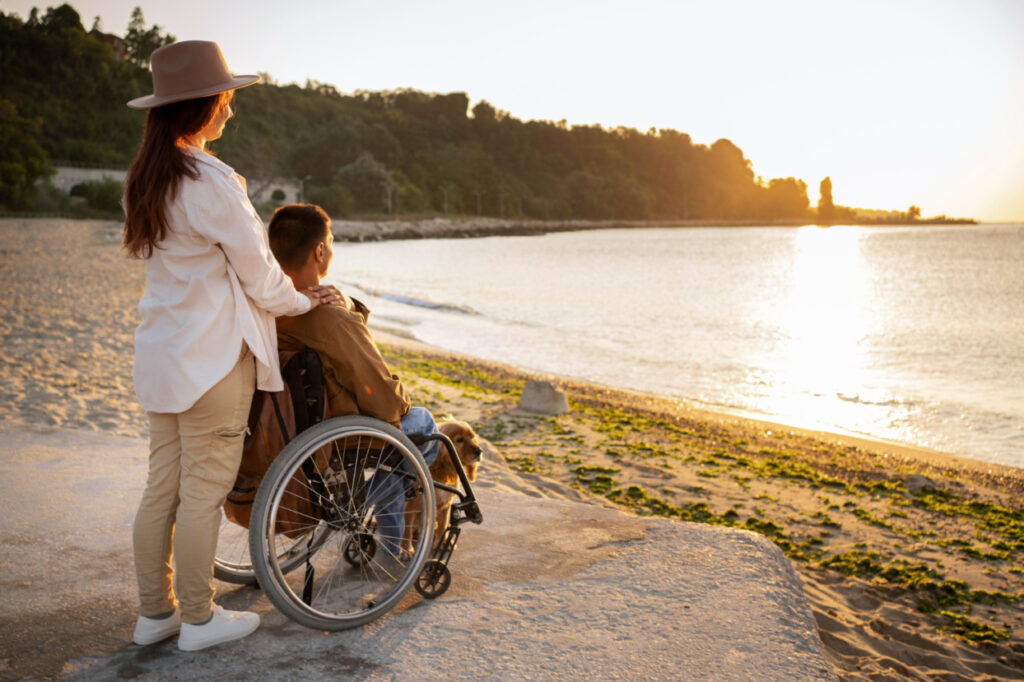Socialization is undoubtedly one of the prime factors that help maintain a good health for older adults. However, on the contrary, not spending time with others can actually have negative effects on your health. More than just giving you a boost, less or no socializing may actually affect a healthy life in the long run.
According to PTSDJournal, here are some risks factors an elderly may encounter for not socializing:
- Depression. Isolation and avoiding people have been linked to depression. Studies show that going more than a day without interacting with people increases the risk of developing depression. This doesn’t mean you need to be running around with people day in and day out, but getting out with others a few times a week can significantly reduce your risk for depression.
- Reduced Brain Health. Not socializing enough has been linked to a decrease in cognitive abilities. There is evidence that the brain rewires itself when a person spends too much time alone, and it can be difficult to focus and engage in certain mental activities. There is also the potential for a person who spends his or her time watching television or movies without interacting with people to lose touch with reality. This can further increase the risk of depression.
- Reduced Self Esteem. Research shows that people who are isolated tend to have poor body image and their self-esteem lowers over time.
- Unpleasant Physical Symptoms. People who spend a lot of time alone tend to experience chills and suffer an increase in inflammation, which is a condition linked to numerous chronic and potentially fatal health problems.
- Decreased Ability to Empathize with Others. It should come as no surprise that spending less time with people makes it more difficult to relate to and connect with them. Science confirms it. The more a person is isolated, the more difficult it becomes to feel attachments to others and experience love and affection.
- Reduced Ability to Cope. A lack of socialization reduces our resilience and makes it tougher to cope with circumstances in life. When we socialize, we feel supported and build relationships that will help us through difficult times. When those connections are missing, people tend to feel isolated and lonely, and their ability to deal with challenges and bounce back after tough times gets more difficult.
One of the most challenging things about socialization as we get older is the cycle it creates. The less a person socializes, the less he or she wants to socialize. Suddenly a day or two alone turns into a week, and it becomes a barrier too big to overcome. There is such a thing as too much socializing, and we all need breaks and time to be alone on occasion. But too much time alone can create a cycle of isolation that is difficult to escape. The earlier a problem with socialization is identified and dealt with, the easier it is to overcome the issue.
Source: www.avistaseniorliving.com
Regards: OSAN Ability Assist










